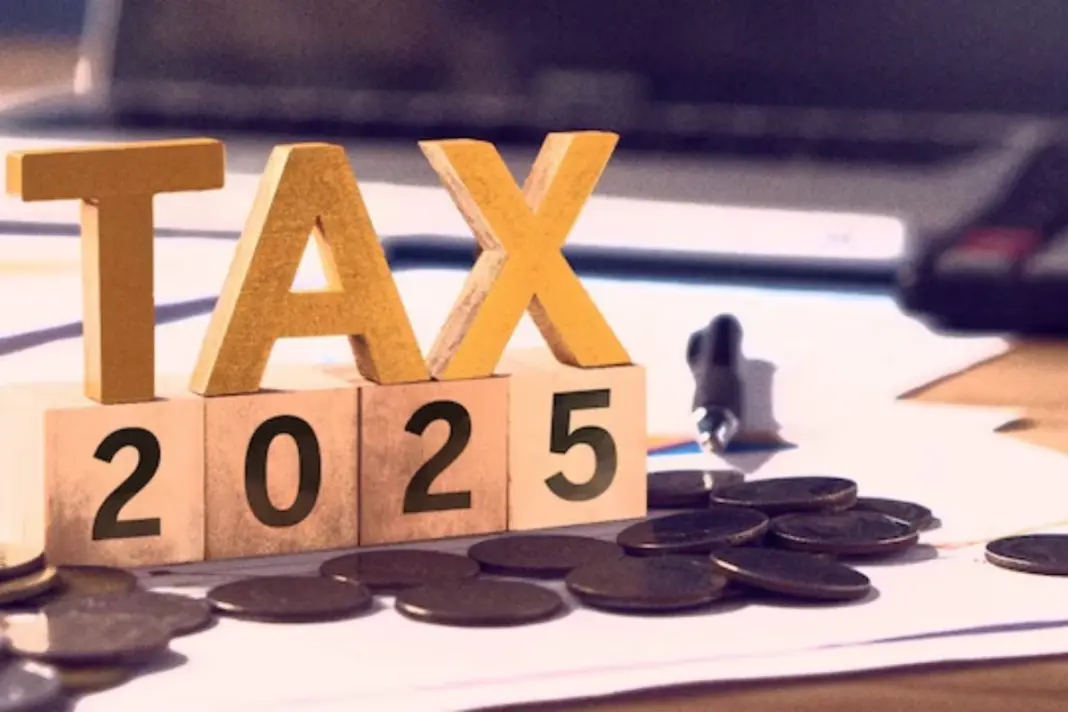Income Tax News: With the deadline for Income Tax Return (ITR) filing approaching, the Income Tax Department has once again reminded individuals and businesses to complete their filings without delay. Timely filing of ITR ensures that taxpayers remain compliant with regulations while also enjoying benefits such as faster refund settlements and hassle-free loan processing.
The Central Board of Direct Taxes (CBDT) has officially extended the Income Tax Return (ITR) filing deadline for the Financial Year 2024–25 (Assessment Year 2025–26). Taxpayers who are not required to undergo audit, including salaried individuals, pensioners, and NRIs, now have time until 15th September 2025 to file their returns.
Why the Extension?
The deadline has been extended to give taxpayers additional time due to structural revisions in ITR forms and system readiness. This move also ensures that individuals can file more accurate returns without last-minute hassles.
DON'T MISS
What’s the Impact?
- Taxpayers now have six extra weeks to file their returns.
- Refunds may carry slightly higher interest payouts, as the extended filing period will be factored in.
- Businesses and individuals are urged to use the extra time to gather documents and file correctly.
Current Deadlines at a Glance
| Category of Taxpayer | Deadline |
|---|---|
| Non-audit taxpayers (salaried, pensioners, NRIs) | 15 September 2025 |
| Audit-requiring taxpayers | 30/31 October 2025 |
| Belated ITR filing | 31 December 2025 |
Important Note: While the ITR deadline is extended, advance tax and self-assessment tax liabilities may still attract interest and penalties if paid late.
Deadline Nears for ITR Filing, Taxpayers Urged to File Returns on Time
Experts advise that those who have taxable income above the exemption limit must file their ITR, even if no tax is payable, as it acts as a legal proof of income. Additionally, salaried employees, freelancers, small businesses, and pensioners have been encouraged to check Form 26AS, AIS (Annual Information Statement), and TIS (Taxpayer Information Summary) before filing to avoid discrepancies.
For AY 2025-26, the last date to file ITR without late fees for most taxpayers, while those requiring audits may get an extended timeline. Filing after the deadline may attract penalties under Section 234F of the Income Tax Act along with interest on pending dues.
The government has also simplified online filing through the Income Tax e-filing portal, where taxpayers can file ITR using pre-filled data and quick verification methods like Aadhaar OTP and Net Banking.
Financial planners stress that timely filing is not just a legal duty but also helps individuals while applying for visas, loans, or credit cards, as ITR acts as an important financial document.



